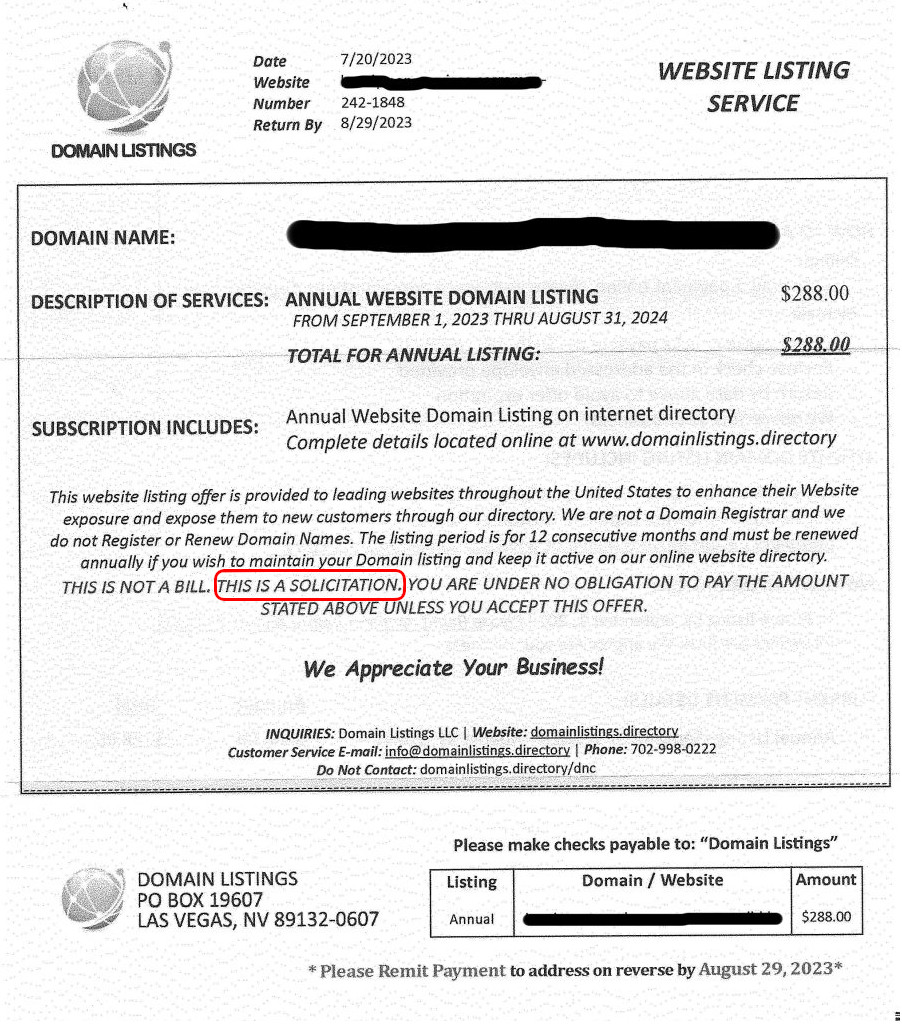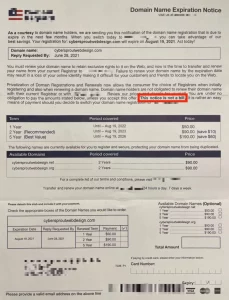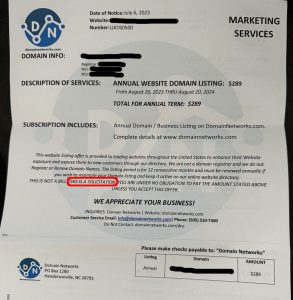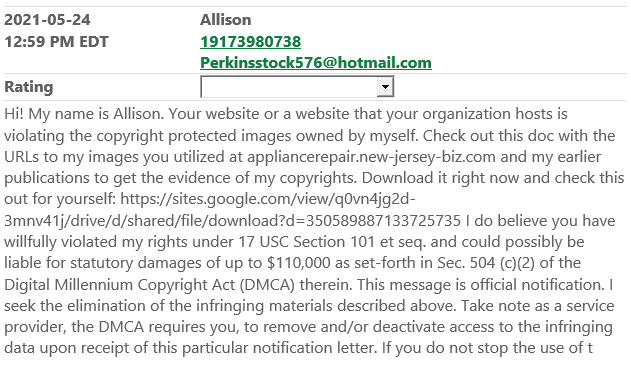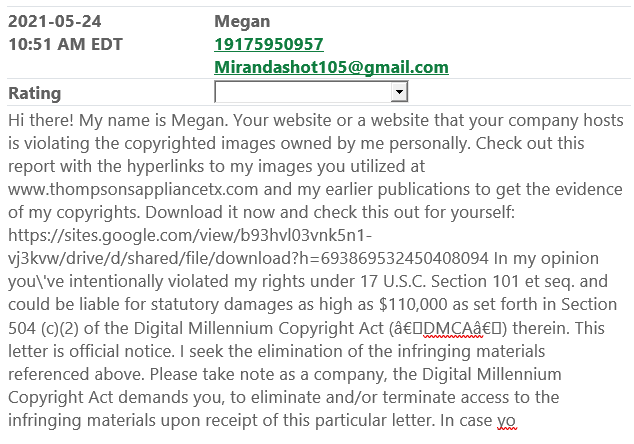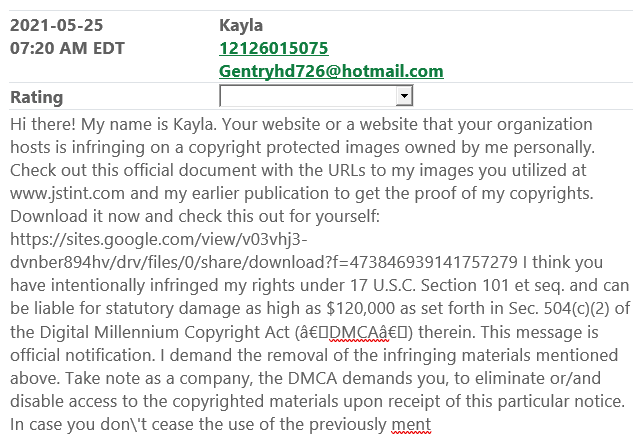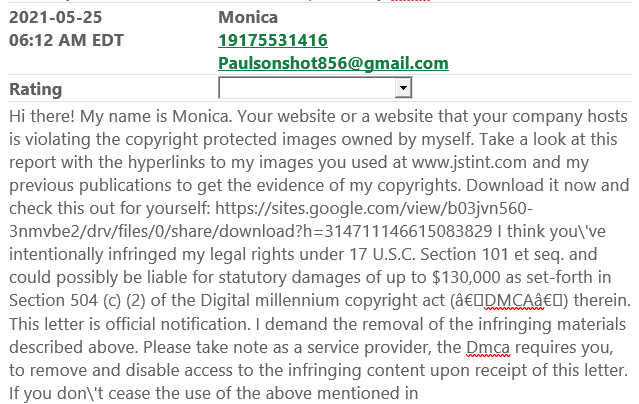We’ve all seen AI technology evolve at an insane pace, sometimes for the better, sometimes… not so much. AI customer service bots, Google’s AI making restaurant reservation calls, and even deepfakes, have become normal. But what’s the next scam we should be watching out for?
Here’s a prediction: AI-generated fake leads.
The Rise of Fake AI Leads
Right now, plenty of lead generation companies sell small businesses “qualified leads.” Some are legit, some… not so much. But what if scammers took this to the next level?
Imagine a HomeAdvisor- or Thumbtack-style business that promises to connect you with paying customers, but those “customers” don’t actually exist. Instead, AI-generated voices call you, ask the right questions, and sound just human enough to make you think it’s a real lead. You talk to the “lead” for a few minutes and it either fizzles out, you’re given a brush off like “I have to talk to my husband about it,” or even worse, you book a completely bogus appointment. You are then charged for this lead, regardless of the outcome.
And here’s the real kicker: Even legitimate lead-gen companies could be tempted to do this. If just 1 in 10 leads were AI-generated fakes, they increase revenue by 10% and it’s almost entirely profit! After all, they don’t get paid when you land a customer, they get paid when you buy a lead. See the problem?
At Prospect Genius, we’ve always avoided business models where our success isn’t directly tied to our clients’ success. We believe in (and harp on) aligned goals. And this is why it’s so important for small businesses to stay ahead of potential scams.
How to Protect Yourself
Since this isn’t a scam that’s happening yet (that we know of), the best thing you can do is prepare. Here’s some suggestions:
1. Track Everything
If you’re buying leads, you need to know which ones are actually turning into paying customers, not just which ones feel productive. A campaign might seem busy, but if it’s not bringing in real revenue, it’s not working.
Here’s how to track your leads effectively:
- Use a metered phone number like our CallTrax to track and record inbound calls from each campaign.
- Implement PhoneSwap to automatically swap phone numbers on your website, so you can segment data based on where leads are coming from.
- Review your call recordings—if something seems off, you’ll have proof.
A major bonus of using CallTrax? Spaminator technology. It blocks known spam numbers, saving you time and keeping bogus calls from clogging up your pipeline.
Why Tracking Matters More Than Ever
Now is the time to establish your baseline numbers, before AI scams start creeping in. If you suddenly notice a 10–20% shift in your metrics, that’s a red flag. Being proactive now will make it easier to spot suspicious activity later.
For lead-gen campaigns, make sure you’re tracking:
- Average leads received (per day, week, or month)
- Close rate (percentage of leads that turn into paying jobs)
- Average revenue per completed job
- Overall cost per lead
- Total cost per closed job (this one’s key!)
Most businesses focus too much on cost per lead, but what really matters is cost per completed job. It’s not just the price of the lead, it’s the total amount spent on all leads, plus the cost to fulfill the jobs you booked, divided by the number of closed jobs.
For example:
A $20 lead might actually cost $100 per completed job once you factor in the big picture. That changes the way you evaluate lead-gen campaigns, and it’s exactly why tracking every step of the process is so important.
2. Trust Your Gut
AI voices are getting better, but they’re still not perfect. If something feels “off” about a call—maybe they respond too quickly, avoid answering direct questions, or use strange phrasing, take a closer look.
If a company can’t provide real proof that their leads are legitimate, walk away.
The Bottom Line
AI is changing the game for businesses, but it’s also creating new ways for scammers to take advantage of hard-working people. Fake AI leads might not be everywhere yet, but it’s only a matter of time.
Stay smart, stay skeptical, and most importantly—stay in control of your marketing.

